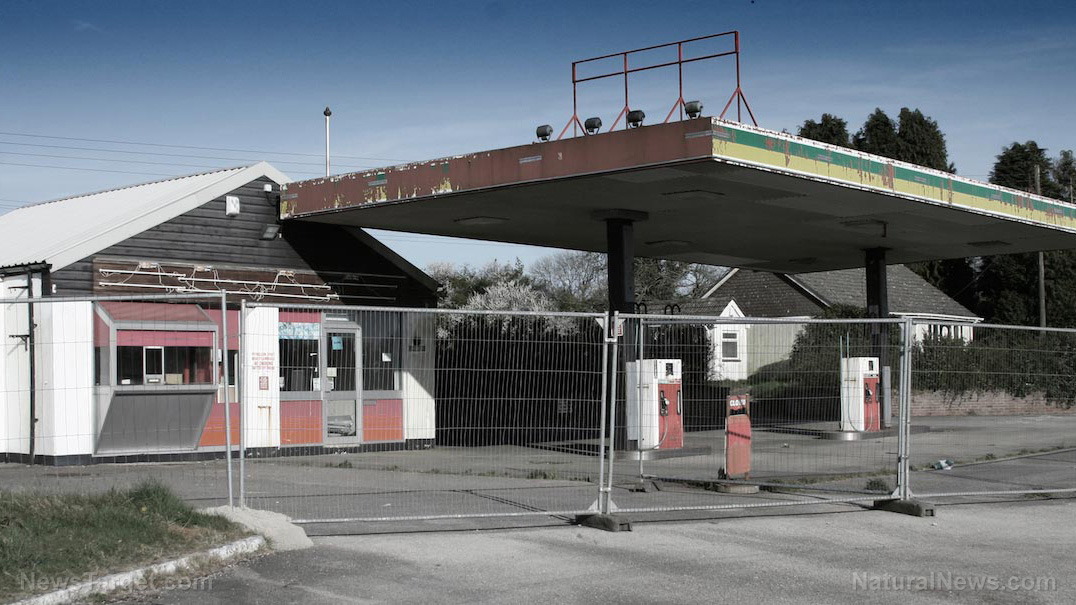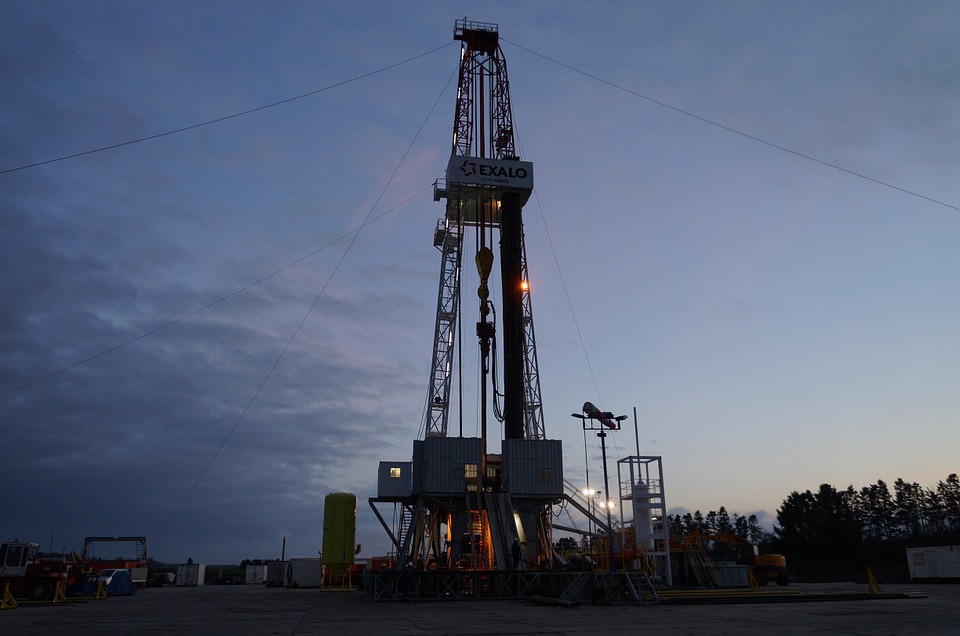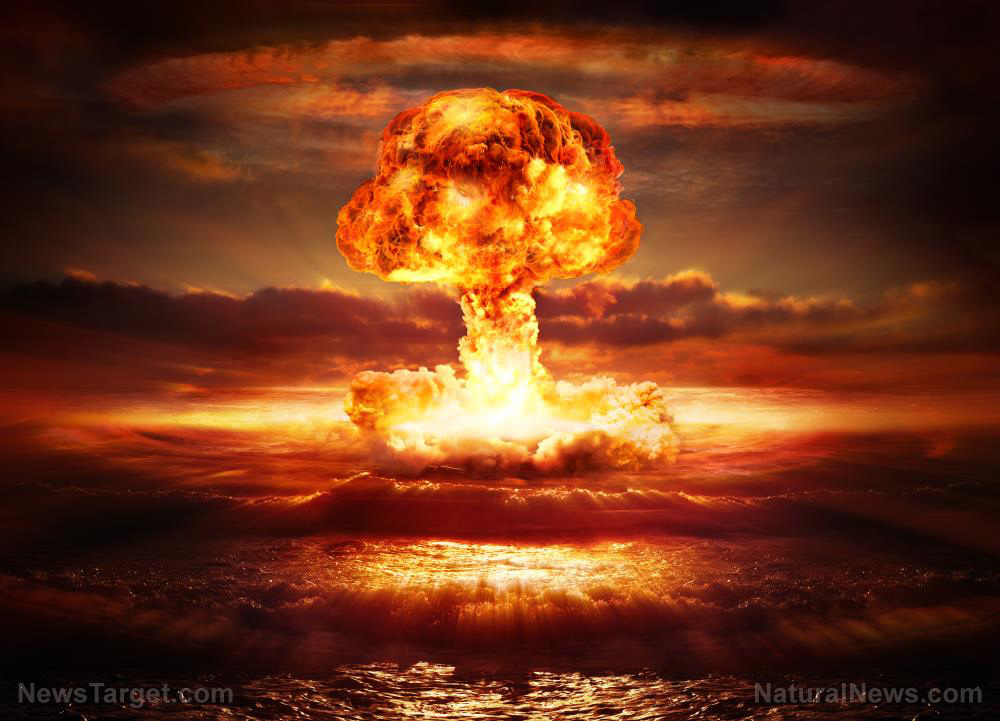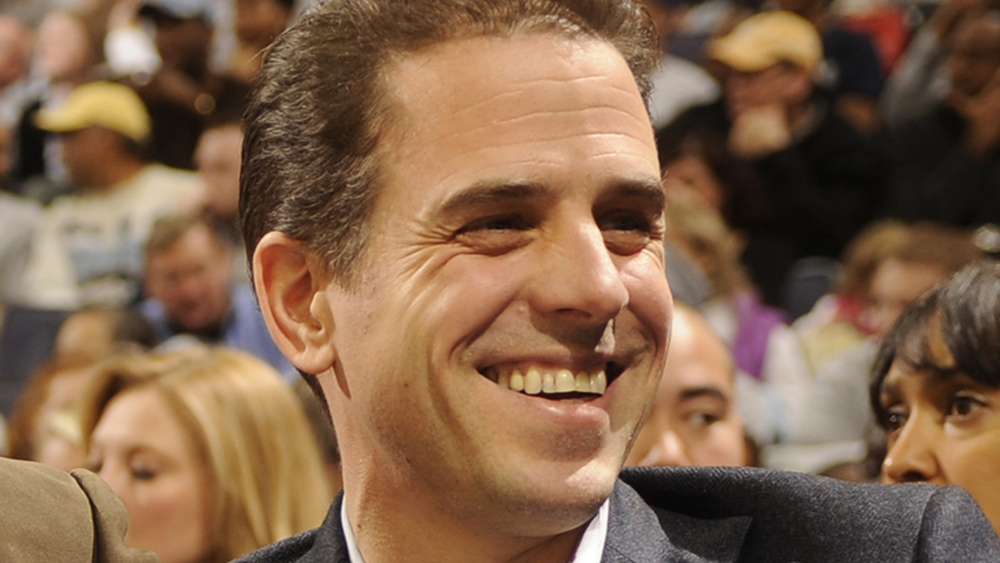Texans urged to conserve energy as state wind farms CAN’T produce enough power to meet demand
07/13/2022 / By Arsenio Toledo
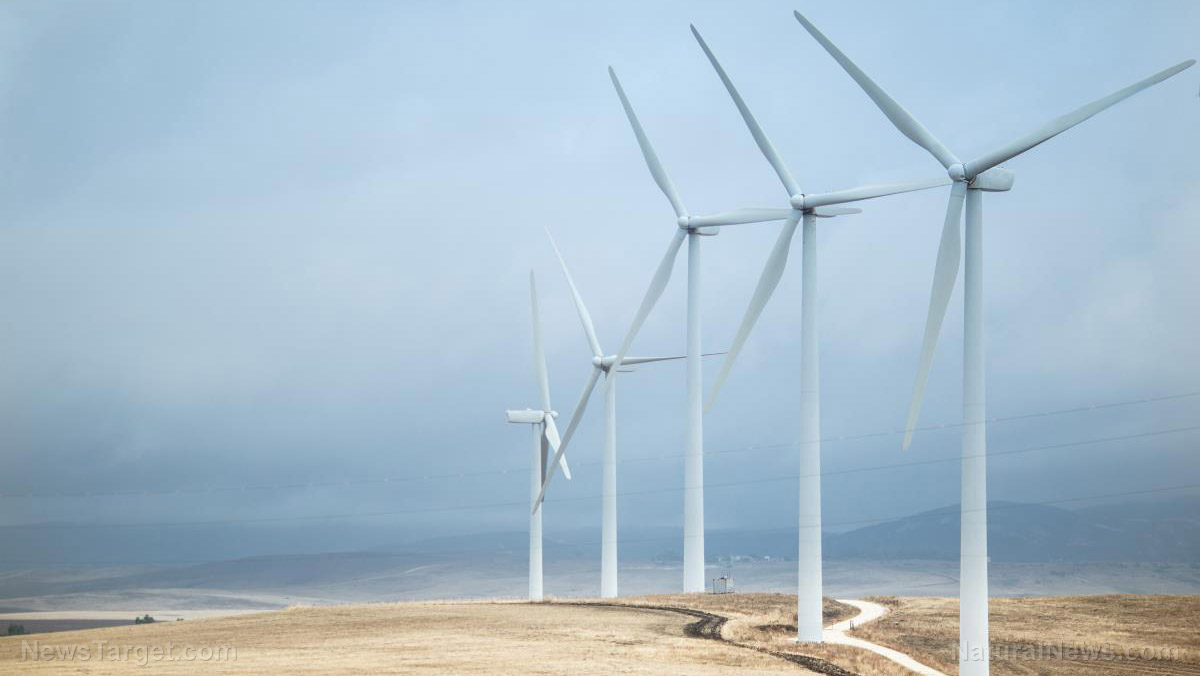
The Electric Reliability Council of Texas (ERCOT) has urged consumers in the state to conserve energy because of the inability of Texas’ wind farms to produce enough electricity during peak demand.
Texas is the nation’s number one producer of wind energy despite the state being well-known for its massive and efficient oil industry. ERCOT said a combination of two factors – record-high electric demand and low winds – are leading the state into a crisis.
“While Texas leads the nation in wind generation, we must remember that it is not a reliable source when temperatures rise,” noted State Sen. Kelly Hancock.
The heat wave currently engulfing most of Texas is driving up electricity usage. Grid operators in the state are already operating under conservation programs to prevent the state from running out of power.
The state’s solar power farms are reaching near full generation capacity. But the state’s wind farms are faring a lot worse, with current projections showing that low winds are making wind generation come in at less than 10 percent of the capacity it would normally get during this time period. At one point on Monday, July 11, wind farms only produced eight percent of total capacity.
ERCOT’s warning comes as the administration of President Joe Biden and other Democratic Party leaders press the nation to give up on reliable fossil fuels in favor of more renewable energy production sources like wind and solar. (Related: Green energy push to blame for coming wave of power outages across America.)
Energy crisis in Texas underscores bigger problems with green energy
Jonathan Lesser, an adjunct fellow at the Manhattan Institute for Policy Research with more than 30 years of experience in the energy industry, argued that the country’s transition to renewable energy sources will inevitably lead to more power outages. This is due to the intermittent quality of wind and solar, as evidenced by ERCOT’s statements, and the lack of large-scale battery storage infrastructure that can make up for this unreliability.
“The reality is: We’re going to have to get used to more blackouts as long as we continue down this green energy path,” said Lesser. “The technology simply isn’t there. You’re going to either have more blackouts or more requirements to conserve energy.”
Lesser pointed out that the least windy times of the year during summer are when electricity demand in Texas peaks.
“So, you’ve got a resource that is at its highest in the spring and fall, when electricity demand is lowest. That means the wind as a resource has a low economic value because you want something that’s available when demand is highest,” said Lesser. “So, it’s not surprising at all that Texas, which has the largest wind capacity of any state in the country, is seeing this problem.”
Utility power demand peaks in July and August. Fossil fuels still account for the vast majority of supply, with traditional fossil fuel sources generating about 68 percent of total nationwide power in July 2021. Wind and solar only produced 10 percent of power during the same period.
In recent years, Texas has massively expanded its energy generation infrastructure, including building more solar and wind farms. For the past 16 years, Texas has generated the most wind power of any state in the country.
Texas has around 35,000 megawatts worth of generating capacity for wind, amounting to about 25 percent of power generating capacity in the state. But last year, wind only accounted for 12 percent of power generation in the state.
As Lesser pointed out, the disparity is due to wind power’s unreliability.
“If you build 500 megawatts of wind capacity, that doesn’t mean you’re getting 500 megawatt-hours of energy every hour of the day,” said Lesser. “On dry land, wind capacity is probably around 30 to 40 percent, depending on what part of the country you’re in.”
Lesser also noted that America does not have enough large-scale battery storage infrastructure, which is necessary to store the power created by renewable energy sources like wind. In total, the U.S. had about 4,605 megawatts of total battery storage by the end of 2021, but regularly consumes more than 400,000 megawatts per day.
“Battery storage is, at this point, a pipe dream,” said Lesser. “There’s very little battery storage in the entire country. It’s just a pure fantasy that we’re going to have enough battery storage to meet demand.”
Watch this episode of the “Health Ranger Report” as Mike Adams, the Health Ranger, talks about energy hub explosions in America.
This video is from the Health Ranger Report channel on Brighteon.com.
More related articles:
First Oklahoma, now Texas: Another natural gas facility EXPLODES.
Blackouts loom as increased energy demand puts strain on energy grids this summer.
Biden admin preventing America’s second-largest LNG plant from restarting operations.
Concerns regarding use of forced labor in manufacturing process hampering future of solar power.
Sources include:
Submit a correction >>
Tagged Under:
big government, Collapse, electric grid, electric reliability, electricity, electricity shortage, energy shortage, energy supply, ERCOT, green energy, Green New Deal, green tyranny, power, power grid, rationing, renewable energy, scarcity, Texas, wind farms, wind power
This article may contain statements that reflect the opinion of the author
RECENT NEWS & ARTICLES
COPYRIGHT © 2017 BIG GOVERNMENT NEWS



